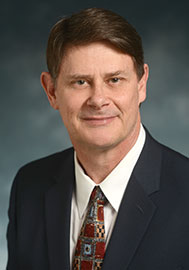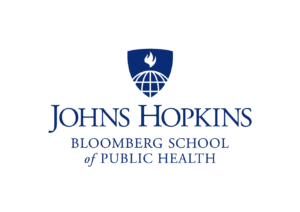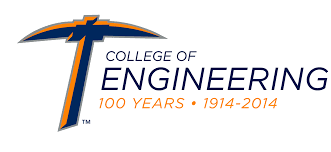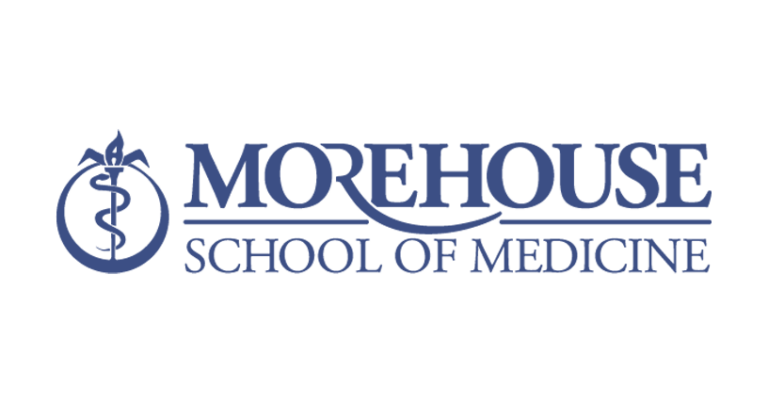The Center for Advancing Research in Transportation Emissions, Energy and Health (CARTEEH) hosted a webinar on December 3, 2020 on the impacts that COVID-19 has had on transportation, air quality, and health, featuring speakers from CARTEEH consortium members. A recording of the webinar can be seen below. Click here to view the webinar presentation.
Webinar Agenda
Introduction and Welcome
11:30 a.m – 11:40 a.m. CST
Dr. Joe Zietsman, Texas A&M Transportation Institute
Dr. Zietsman will provide an overview of the Center for Advancing Research in Transportation Emissions, Energy and Health’s (CARTEEH) research, introduce the webinar speakers, and facilitate a discussion session at the conclusion of the event’s presentations.
Dr. Zietsman is the director of the CARTEEH, holds a PhD in Civil Engineering from Texas A&M University and he is a member of the Graduate Faculty of Texas A&M University. His research interests are in sustainable transportation, air quality, and the intersection of public health and transportation.

Simulation of COVID Impacts on Transit and Air Quality in Baltimore
11:40 a.m. – 11:50 a.m. CST
Dr. Tak Igusa, John Hopkins University
In response to the 60% decrease in mass transit ridership during the COVID-19 pandemic, the Maryland Transit Authority made significant shifts in bus service. Bus lines which had low ridership before the pandemic were scaled back or eliminated, while some bus lines, particularly those stopping at major hospitals, were increased. This presentation will discuss how simulation software can be used to estimate the impacts of these transit service changes on access to healthy foods and medical services and on air quality in several representative neighborhoods of Baltimore City.
Dr. Igusa is a Professor of Civil & Systems Engineering working on advanced modeling methods applied to research projects in public health. The settings for these projects, which have been supported by NSF, NIH, USAID, CDC, and USDOT, are primarily in low-income regions of the U.S. and in LMICs.
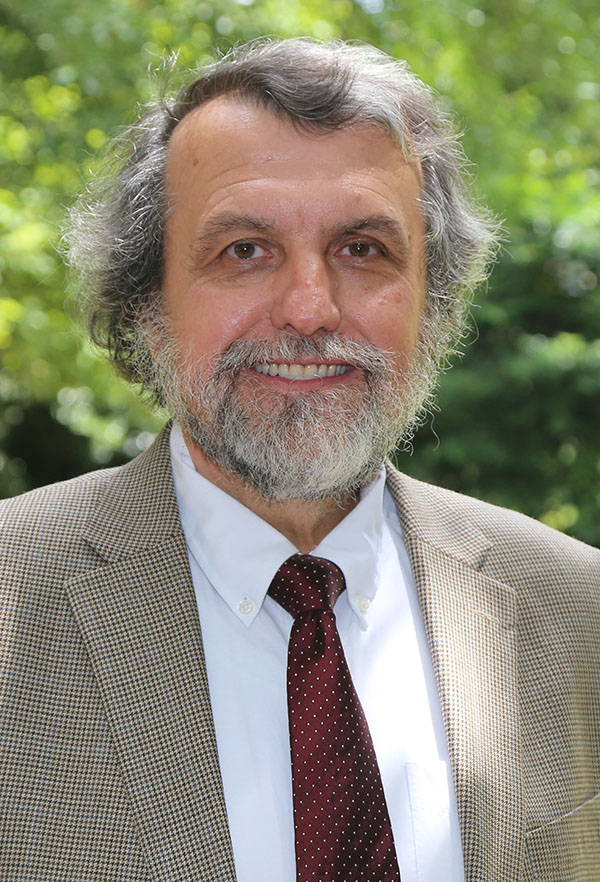
Influence of COVID on Regional Transportation Planning
11:50 a.m. – 12:00 p.m. CST
Dr. Michael O. Rodgers, Georgia Institute of Technology
Transportation planning at the regional level must weigh multiple factors to ensure that current and future transportation networks meet community requirements for both personal mobility and goods movement in an efficient, equitable, resilient, and environmentally friendly manner. Over the decades, numerous large-scale events including wars, famines, natural disasters, and other events have revealed deficiencies in existing planning processes and served to alter future transportation planning. This talk will discuss ways in which COVID-19 is likely to influence the direction of future regional transportation planning.
Dr. Rodgers is a University System of Georgia Regent’s Researcher in the Georgia Tech School of Civil and Environmental Engineering and in the School of Public Policy. Dr. Rodgers long and distinguished career has focused on the confluence of transportation, energy and health with a special emphasis on urban and regional air quality.
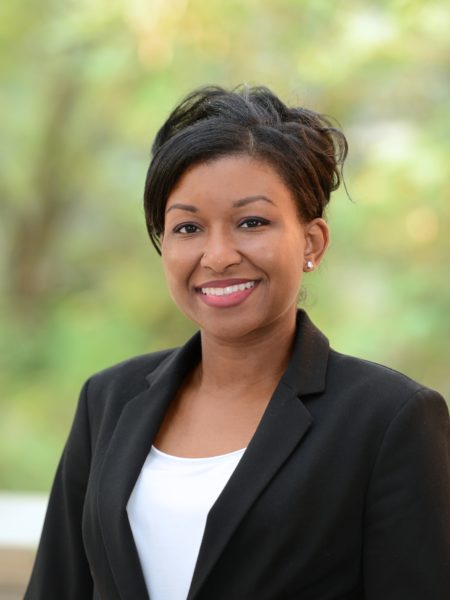
Toward a Better Understanding of Recent Emissions and Meteorological Impacts on Air Quality in the South Coast Air Basin
12:00 p.m. – 12:10 p.m. CST
Dr. Cesunica Ivey, University of California, Riverside
This discussion will cover recent trends in traffic and air quality in Southern California as a result of the COVID-19 shutdown. Trends will be discussed in context with commuter behavior and environmental factors, such as meteorology and other emissions sources.
Dr. Ivey is an assistant professor in the Chemical and Environmental Engineering Department at UC Riverside. She is also an affiliate faculty member of CE-CERT, the School of Medicine BREATHE Center, SPP Center for Geospatial Sciences, and CNAS Environmental Toxicology Graduate Program.
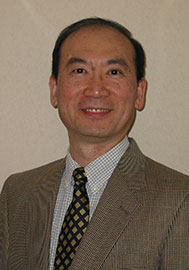
Exposures to COVID-19 in a Small Transportation Environment
12:10 p.m. – 12:20 p.m. CST
Dr. Wen-Whai Li, University of Teas at El Paso
The severe acute respiratory syndrome coronavirus 2 (SARS-CoV-2) was first discovered in Wuhan, China in December 2019 and has since spread rapidly throughout the world to cause the COVID-19 pandemic. This presentation describes the physical characteristics of SAR-CoV-2 from an air quality engineer’s perspective and discusses the exposures of SAR-COV-2 in a likely small and confined transportation environment.
Dr. Li is Professor of Civil Engineering at the University of Texas at El Paso (UTEP). His research interests include air quality monitoring and modeling, risk assessment, accident analysis, and physical simulation of the atmospheric environment. Dr. Li serves as the U.S. academia delegate to the U.S.-Mexico Joint Advisory Committee for the Improvement of Air Quality in the Cd. Juarez, Chihuahua, El Paso, Texas, and Dona Ana County, New Mexico Air Basin, a bi-national committee organized under the La Paz agreement. He received his B.S. degree from National Taiwan University, M.S., and Ph.D. degrees from Colorado State University.

Moving Toward a More Sustainable “New Normal”: An El Paso, Texas Case Study
12:20 p.m. – 12:30 p.m. CST
Dr. Ann Xu, Texas A&M Transportation Institute
This presentation will explore the extent to which telecommuting can be implemented and electric vehicle sales trends will sustain post-pandemic. The talk will cover estimates for the energy, emissions, and asthma reduction potential of these trends.
Dr. Xu is the Assistant Director of Technology for the Center for Advancing Research in Transportation Emissions, Energy, and Health (CARTEEH) at the Texas A&M Transportation Institute. She directs research and development efforts in mitigating transportation sector’s impacts on energy, environment, and public health, especially focusing on transportation electrification.

